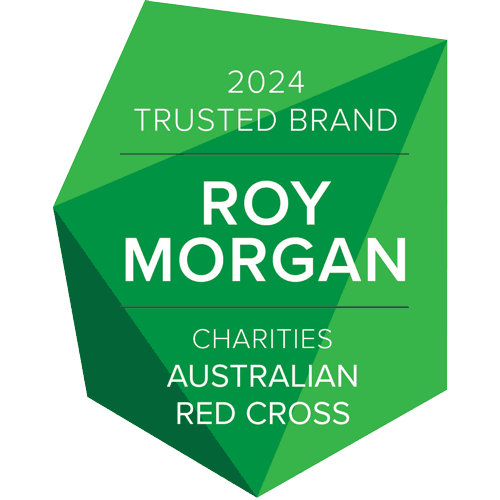Six weeks into lockdown. Where to now?
At the six-week milestone, with some restrictions lifting but our old lives still on hold, remembering what mattered pre-pandemic will help us get through.

In the space of six weeks the country and our lives have turned upside down. Ever so gently, our worlds are opening up. But new freedoms come with more change and different complexities.
It’s no wonder anxiety, stress, confusion, anger and loneliness are all being reported at increased levels by Australians, according to findings of a survey by Vox Pop Labs in collaboration with the ABC.
At the six-week milestone, refocusing can help recovery
Dealing with the crisis and trauma of a crisis, like this pandemic, can have the potential to derail our other priorities in life.
According to Dr Rob Gordon, psychologist and Australian Red Cross consultant in disaster recovery, now is the time to refocus and remember the things that were important before the pandemic.
“With COVID-19, to begin with we are all got worried about having to deal with a serious illness coming out of the blue, and then we transfer that to how do we cope with isolation and then for many people we then transfer that to the question of financial disruption and very serious financial crisis,” Dr Gordon explains.
“Of course initially when you’re coping with all the immediate changes, and how we live our lives from home rather than the patterns you were in, you are totally focused on the present moment.”
The risk, that Dr Gordon has seen in other disasters, is that we stay in that state, improvising our lives from one moment to the next, as we tackle all our problems.
And as a consequence we lose touch with our real priorities.
What mattered pre-pandemic still counts
Family life, your relationships, health, career goals, retirement, holidays?
Whatever mattered before COVID-19, should be nurtured and cared for again.
It is a really important point to be saying to people, however long COVID-19 lasts, we will come out the other side and that will be a time when we need to stay connected with our important values.
Dr Gordon says we recovery better if the stressors of the crisis do not spoil the things that really matter to us.
"I'd be saying to people to try and hang on to the fact you need to be able to enjoy life and remember the things that are important in whatever little way you can."
How to keep on keeping on
The impact of COVID-19 has been compared with that on drought-affected communities. Gradually the slow accumulation of consequences weighs in people’s lives. And everyone is affected differently.
As cabin fever sets in, and some people feel at the end of their tether, others are fearful about life outside the safety of isolation.
Red Cross National Resilience Adviser John Richardson encourages us to restructure our thinking at this six-week mark.
He suggests we keep planning ahead. But like a marathon, we should not go out too fast.
"Don’t think, I am going to start that online oceanography course, bake sourdough and learn guitar all this week. Step it out. Give yourself something to build up to and look forward to. Think about the things that are better to do when the weather turns and winter is on us. Gardening now, photo albums in June.
"Perhaps start to introduce new activities into routines. Where you might be walking for exercise, ride a bike. Where you might have been binge watching TV, read a book. Where you might have been baking sour dough, trying pickling sauerkraut."
“How many times do you see a footy team who thinks they’ve done really well at three quarter time, take their foot off and then go on and get beaten?” he asks.
“We need to try and keep the goal front of mind.
“As humans we’re really resourceful, we know how to make the best of difficult situations.
“We haven’t had to do that for a long time. But we’re seeing it now. People are adapting, being resourceful and making good out of difficult situations.”
Looking after yourself and others
A pandemic plan for you and those you love
Making a plan will help if you need to isolate at home after a COVID-19 test.
Charity donations of $2 or more to Australian Red Cross may be tax deductible in Australia. Site protected by Google Invisible reCAPTCHA. © Australian Red Cross 2025. ABN 50 169 561 394
